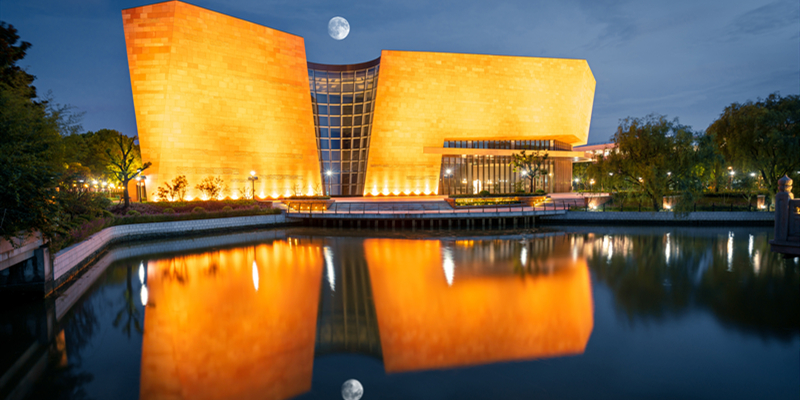

 Prof. Ming Joo Koh
Prof. Ming Joo Koh
Department of Chemistry, National University of Singapore
报告时间:2024年7月17日15:30-17:00
报告地点:张江校区6号楼2楼宣讲厅
邀请人:朱峰 副教授
报告摘要
Chemical manufacturing is a key pillar of the global economy and plays a crucial role in the modern human society. Chemical catalysis is an indispensable tool to promote reactions that enable access to various classes of chemicals, ranging from small-molecule medicines to polymeric materials. Despite considerable advances made in this area, much of it depends on the use of exorbitant and scarce noble metals to prepare catalysts. Furthermore, such precious metal-derived catalysts can only mediate a limited range of reactions. As a result, longer synthetic sequences are often needed to convert a starting material to the desired target product. Unfortunately, each step in a chemical synthesis process consumes energy, resources and time, and generates waste (spent carbon-based solvents and other by-products) that has to be treated or incinerated. Consequently, this leads to more CO2 and other toxic emissions that contribute to global warming, climate change and other undesirable environmental problems. To address these challenges, we focus on the research of sustainable catalysis and radical chemistry, where we develop nonprecious catalyst systems derived from abundant base metals such as iron and nickel. In this talk, an overview of our efforts in various innovative approaches to transform cheap and abundant feedstock chemicals to value-added products with lower environmental footprint will be presented.
报告人介绍
Ming Joo Koh was born and raised in Singapore. He received his BSc. degree (First Class Honors) in Chemistry & Biological Chemistry from Nanyang Technological University in 2012, before heading to Boston College for his Ph.D. and post-doctoral studies under the supervision of Prof. Amir Hoveyda from 20122018. In 2018, Koh joined the Department of Chemistry at the National University of Singapore as a President's Assistant Professor and was promoted to Associate Professor with tenure in 2023. Koh’s current research focuses on developing sustainable and practical catalytic solutions that address critical challenges in chemical synthesis through base metal catalysis and radical cross-coupling. His work has been published in top scientific journals such as Nature, Nature Catalysis and Nature Chemistry. Koh is a recipient of numerous research awards including the Asian Core Program Lectureship Awards for Japan, Korea, China, Taiwan and Thailand (2019, 2022, 2023), Innovators Under 35 (TR35) Asia Pacific Award (2021), TCI-SNIC Industry Award in Synthetic Chemistry (2021), Thieme Chemistry Journals Award (2022), C&EN’s Talented 12 Award (2022), Young Scientist Award, SNAS (2022), Young Researcher Award, NUS (2023), Novartis Early Career Award in Chemistry (2023) and Mitsui Chemicals Catalysis Science Award for Creative Work (2024).








